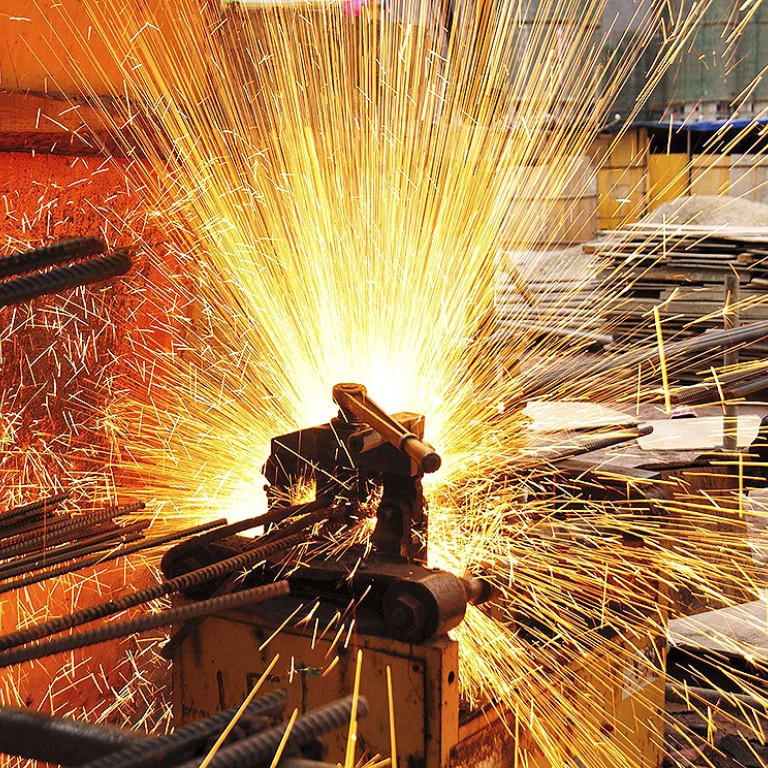
Strong stimulus not necessary to spur China’s growth: state media commentary
Expansion rate of 7 per cent in first half of the year is still one of the fastest among the world's major economies, state media commentary says
China has no need for "massive stimulus measures" to keep its economy steady, the state-run said yesterday, in an apparent effort to assuage growing concern over the country's slowing growth.
The front-page commentary came amid a sustained fall in factory activity figures and speculation that the ruling Communist Party's top leaders are holding their summer policy talks in Beidaihe , Hebei province, at which economic development is expected to be on top of their agenda.
The very volatile stock market may negatively affect business confidence
"Stability must be given a priority while no strong stimulus measures will be implemented," the article said. "Preventing risks is the bottom line."
It warned that a stimulus would result in overcapacity and loan defaults in the long term.
The commentary's publication coincided with the release of the private Caixin/Markit China Manufacturing Purchasing Managers' Index, which showed that the figure had in July dropped to 47.8 - the lowest since July 2013 - from 49.4 in June. Anything below 50 points to a contraction.
The report followed a downbeat official survey on Saturday that showed an unexpected stall in growth at manufacturing firms, reinforcing views the struggling economy needs more stimulus even as it faces fresh risks from a stock market slump.
The economy expanded 7 per cent in the second quarter of the year in what economists said was top policymakers' most difficult three months in the past decade due to declining asset investment, slowing trade growth and a stock market gyration.
Beijing has slashed interest rates four times since late last year to maintain growth. Corporate bosses, battered by thinner profit margins and shrinking business orders, are anticipating a series of strong incentives to brave the rough weather.
But the commentary allayed concerns of a recession, taking an upbeat tone as it said a 7 per cent first-half growth was one of the fastest paces among major economies worldwide.
"The government is making an all-out effort to strike a balance between the pace of growth and the quality of the growth," Orient Securities chief economist Shao Yu said. "It's obvious the top officials are now focusing on risk control rather than a good-looking growth figure."
Fears of a full-blown market crash have added a new sense of urgency for the policymakers, with analysts expecting more support measures to be rolled out within weeks. Between mid-June and early July, the benchmark Shanghai Composite Index lost more than 30 per cent, wiping out over US$3 trillion and prompting the authorities to intervene.
While soft global demand may continue to affect mainland exports, market watchers like Capital Economics' Julian Evans-Pritchard believe increased government infrastructure spending and further policy easing will support domestic consumption in the coming months, ensuring the government's 7 per cent growth target for the year is met.
"While we do not consider the current stock market turbulence a financial crisis, the very volatile stock market may negatively affect business confidence and investment decisions," ANZ said in a report. "Perhaps the funds used to prop up the share market could be used to support the real economy."

